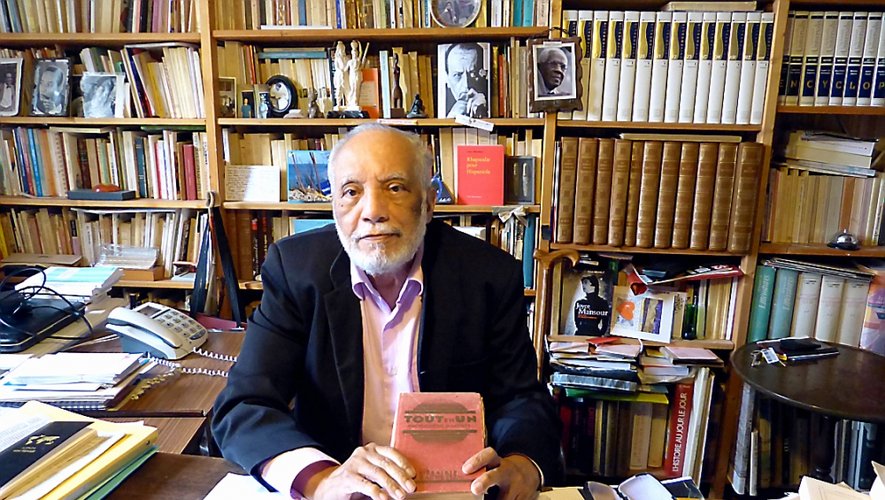|
Getting your Trinity Audio player ready...
|

Daniel J. Crowley
Obituaries: Suzanne Comhaire-Sylvain (1898-1975)
The first and still the most distinguished Caribbean woman to study Africa and womankind from the perspectives of anthropology and folklore, Suzanne Comhaire-Sylvain was born in Port-au-Prince, Haiti, on November 6, 1898, one of seven children of Georges Sylvain, a prominent poet and intellectual who sacrificed his fortune in resisting the American occupation as his brother Benito had fought against the Italians in Ethiopia in 1896.
After spending four years (1910-1914) in French private schools while her father was Haitian ambassador to Paris, Suzanne returned to Haiti where she became the first female typist-stenographer in her country, much to the chagrin of her family. After their financial ruin, her office savings paid her way back to Paris in 1931 where she received her baccalaureate from the Sorbonne and met and married the distinguished Belgian anthropologist Jean Comhaire.
In 1937 she became the first Haitian woman Docteur de l’Université de Paris with her tripartite thesis, le Creole Haitien: Morphologie et Syntaxe (Port-au-Prince and Wetteren, Belgium: De Meester, 1936), a pioneer study in isolating African elements in Creole grammar, and the two-volume les Contes Haitiens (Ire Partie: Maman d’l’Eau and Ile Partie: Conjoint Animal ou Démon Deguisé, Origine immédiate et extension en Amérique, Afrique et Europe occidentale. Port-au-Prince and Wetteren, Belgium: De Meester, 1937), a brilliant chef d’-oeuvre of Caribbean scholarship which analyzes two tales in all their geographic and thematic variation.

Little read and less appreciated, this double monograph is unquestionably the definitive study of Types 312C, 403, 452, 480, and all the more important because it was from a Caribbean rather than a European perspective. Having seen only one copy of this “rare” book in a quarter century of searching, I was amazed to find it still in print and for sale in a Port-au-Prince bookstore in 1972. Other tales were published subsequently in Contes du Pays d’Haiti (Port-au-Prince, 1938) and in “Creole Tales from Haiti” (Journal of American Folklore, 50 [1937], 207-295, and 51 [1938] 220-346).
Returning to Haiti in 1937-41 after post-doctoral work at Oxford, Suzanne was appointed Supervisor of Schools and founded the Ecole des Lettres. Urged by Malinowski to document the social changes brought by road access to the mountain village of Kenscoff, the Comhaires ultimately realized the greater significance of the almost desperate conservatism of the local people in hanging on to their customs. Published in ten scattered articles, this major study of Caribbean values and social change never found a publisher.
Her exposé, “Ce que font nos fillettes en dehors des heures de classe” (Port-au-Prince, La Voix des Femmes, 1940 and 1941) brought about an investigation of Port-au-Prince primary schools. During World War II, Suzanne joined Jacques Maritain, a fellow Catholic, teaching at the refugee Ecole des Hautes Etudes in New York. After fieldwork in the then-Belgian Congo and further postdoctoral study at Oxford, Mme Comhaire-Sylvain served from 1949 to 1958 as a U.N. administrator for Togo and the Cameroons and published Food and Leisure Among the African Youth of Leopoldville (Belgian Congo) (Communication No. 25, School of African Studies, University of Cape Town, 1950), “Voodoo”…
Daniel J. Crowley, “Obituaries: Suzanne Comhaire-Sylvain (1898-1975),” The Journal of American Folklore, vol. 91, no. 360 (1978): 700-701.
Bonne lecture!
If you have any comments or suggestions, do not hesitate to write to us. In advance, thank you very much.






